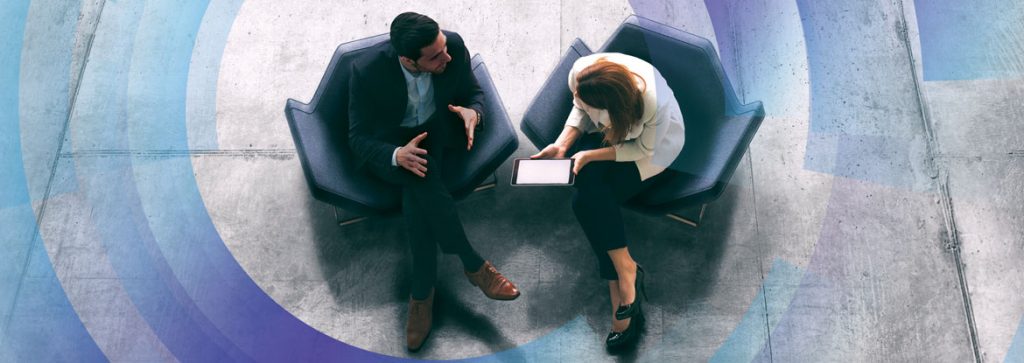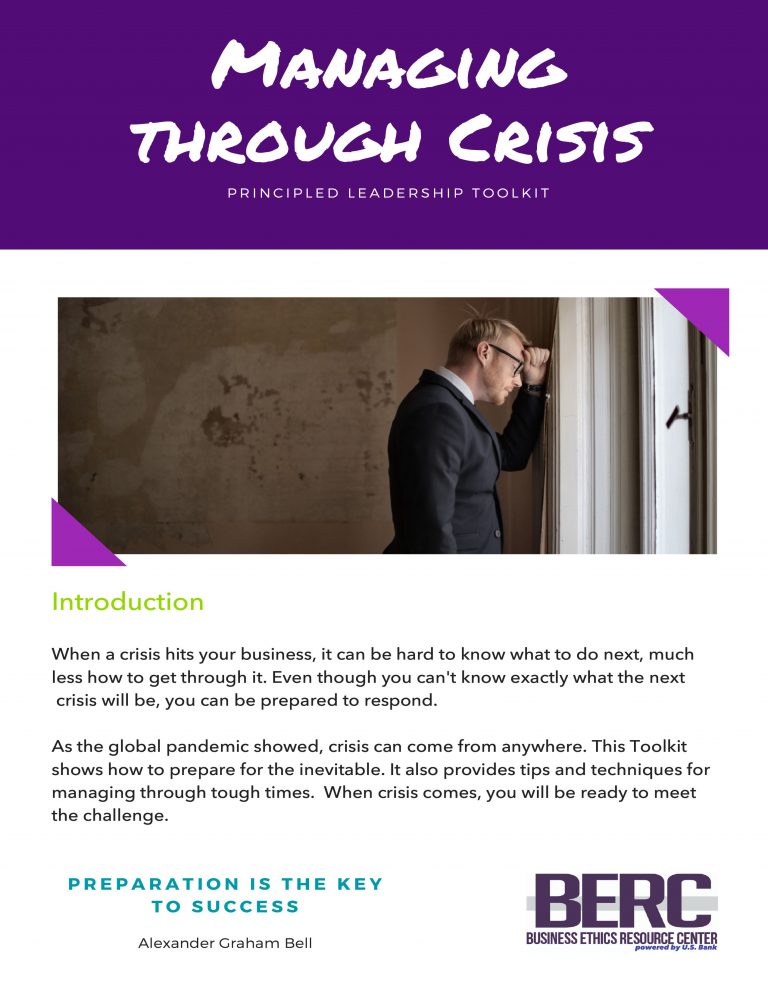
The 2018 Edelman Trust Barometer examines the state of trust in institutions around the globe and offers insight into dramatic shifts.
Have you ever been on “It’s a Small World”, the boat ride in Walt Disney World’s Magic Kingdom Park? You get to journey upon a river that takes you through almost every nation on every continent on this planet. The way of life, customs, dress, and environment of each country are depicted through colorful scenery and 4-foot doll-like figurines. The end of this ride takes you through a display of goodbyes in many different languages.
After traveling the world, you can’t help but ponder at this moment just how connected we are despite our differences. We may use different syllables and sounds to convey a goodbye, but we all say it. This small moment reminds you that this giant world we all consume from and rely on to sustain us is our common ground – a common ground that should bridge us all. But when trust is missing, it becomes difficult to share together, play together, work together, and build together to leave our world better than how we found it for the generations behind us.
Stephen Kehoe, Global Chair of Reputation for Edelman, helped me see this even more clearly. “For all of us, trust is what makes the world go around. Without trust, the world is broken,” Kehoe advises. “The more people are aware of and thinking through trust, the better place the world will be.”
Here at Better Business Bureau (BBB), we dedicate our days to ensuring that we are building trust between all the players within our marketplace, as it is necessary for our economy to go round. But considering Kehoe’s words of wisdom, is it time to think about trust more broadly and place more weight on the significance and impact of this five-letter word? Through BBB’s 5 Gestures of Trust and the Trust Sentiment Index reports, we’ve asked you to view the vitality of trust in a new way. We challenge you again by walking through the 2018 Edelman Trust Barometer, which invites us to consider trust not only from a business standpoint but also from the perspective of life itself.
Edelman, known as a communications marketing firm, is also a fierce engine and a strong advocate of trust. It builds its brand and the brands of its several thousand clients across the globe on the pillars of trust.
Edelman’s goal is to implement strategies that engage audiences in a way that not only creates trust but also allows for lasting trust to be earned. This method, according to Edelman’s website, creates insurance against competitive disruption, eliminates consumer indifference, and carves out a path for growth (Edelman, n.d.). Edelman produces the Trust Barometer yearly as evidence of its trust conviction. This report assists the firm with better serving its clients and helps the world see where it stands regarding trust and how its presence or the lack thereof impacts us all.
For Edelman, trust is “all about a belief in whether a person or an organization is going to do right – whether they will do the right thing,” Kehoe defines. It’s a belief the world greatly thirsts for today. Our current societal conditions tell us that there is an absence of confidence in people, organizations, world leaders, and the information we have access to.
“Things are often more pronounced in their absence than they are when they’re available. Take trust: When it isn’t there, we suddenly notice it,” Kehoe explains.
Edelman has identified other factors that have put trust in the spotlight: A dominant one is that the number of barriers to the availability of information and access to it is limited. Information being in reach is making it more and more difficult for organizations to create an illusion of a reputation that doesn’t reflect its actual internal culture.
“That used to be what public relations was all about, which is that you present the best face to the outside world. Nowadays, I don’t think there’s any gap between culture and reputation. They’ve collapsed and come together,” Kehoe explains. Due to this fact, Edelman’s clients frequently request help from the agency with understanding if they have lost trust and if so, how to regain it, as well as with better understanding what expectations their audiences and stakeholders have regarding trust.
This is all the more reason for Edelman to continue its quest to gauge the mass temperature of trust through its Trust Barometer. What did Edelman’s 2018 report highlight for us? Three big changes. As Kehoe points out, There has been a real trust crash in the United States over the last year. According to the Trust Barometer, trust in U.S. institutions – including nongovernmental organizations, businesses, governments, and the media – among the informed public has plunged from the sixth highest of the 28 markets surveyed to the lowest. China is currently occupying the top slot on both the informed public and general population trust indexes (Edelman, 2018).
There also has been a significant change in how people around the world view the media: It is now the least trusted institution globally. This change has been driven primarily by a drop in trust in platforms, including social media and search engines, and an increase in trust in journalism. In 2017, journalism and platforms were trusted almost equally. However, in 2018, social media and search engines fell below journalism on the trust curve (Edelman, 2018).
Lastly, a decline in trust in peers as conveyors of information has taken place. Instead, trust in subject matter experts and spokespeople who can speak authoritatively on the part of their organizations is on the rise (Edelman, 2018).
What do results like these and the many others found in the 2018 Edelman Trust Barometer amount to? A fear factor. Learning that individuals have lost trust in those who convey the news is more than nice to know. This fact indirectly sends a message: “Everyone’s deeply concerned about fake news,” Kehoe mentions. “Seven out of 10 people [around the world] said, “We’re concerned that fake news could be used as a weapon against our country.” The belief that the truth isn’t being delivered causes fear because it creates an unknown. Most of us fear what we don’t know or understand.
At BBB, we seek to build trust so business can be conducted. When consumers don’t trust a company, they don’t do business with that entity, because there are too many unknowns that could negatively affect the transaction. They fear the what-ifs. This same concept also applies to life itself. “We think trust can be a proxy for the confidence that people feel about their lives,” Kehoe notes. “High levels of trust tend to come when people feel good about their economic circumstances, the kind of societies and countries in which they live, where they are in their lives, and their feeling of confidence about the future.”
The more we trust the world we live in, the better we feel about it, and as a natural extension, we experience positive growth. Here’s the challenge: If trust is required to keep business moving and our world working, then let us all be responsible for delivering it. Let every human being, government entity, world leader, and organization take responsibility for ensuring that our world continues to go round on the spokes of trust. To learn more about the 2018 Edelman Trust Barometer, visit edelman.com/Trust-Barometer.
To learn more about the 2018 Edelman Trust Barometer, visit edelman.com/Trust-Barometer.
REFERENCES
Edelman. (n.d.). About Edelman. Retrieved from https://www.edelman.com/about-us
Edelman. (2018). 2018 Edelman Trust Barometer global report. Retrieved from https://www.edelman.com/Trust-Barometer
By: Nona Phinn, July 24, 2018
This article was used with kind permission of the Better Business Bureau.


